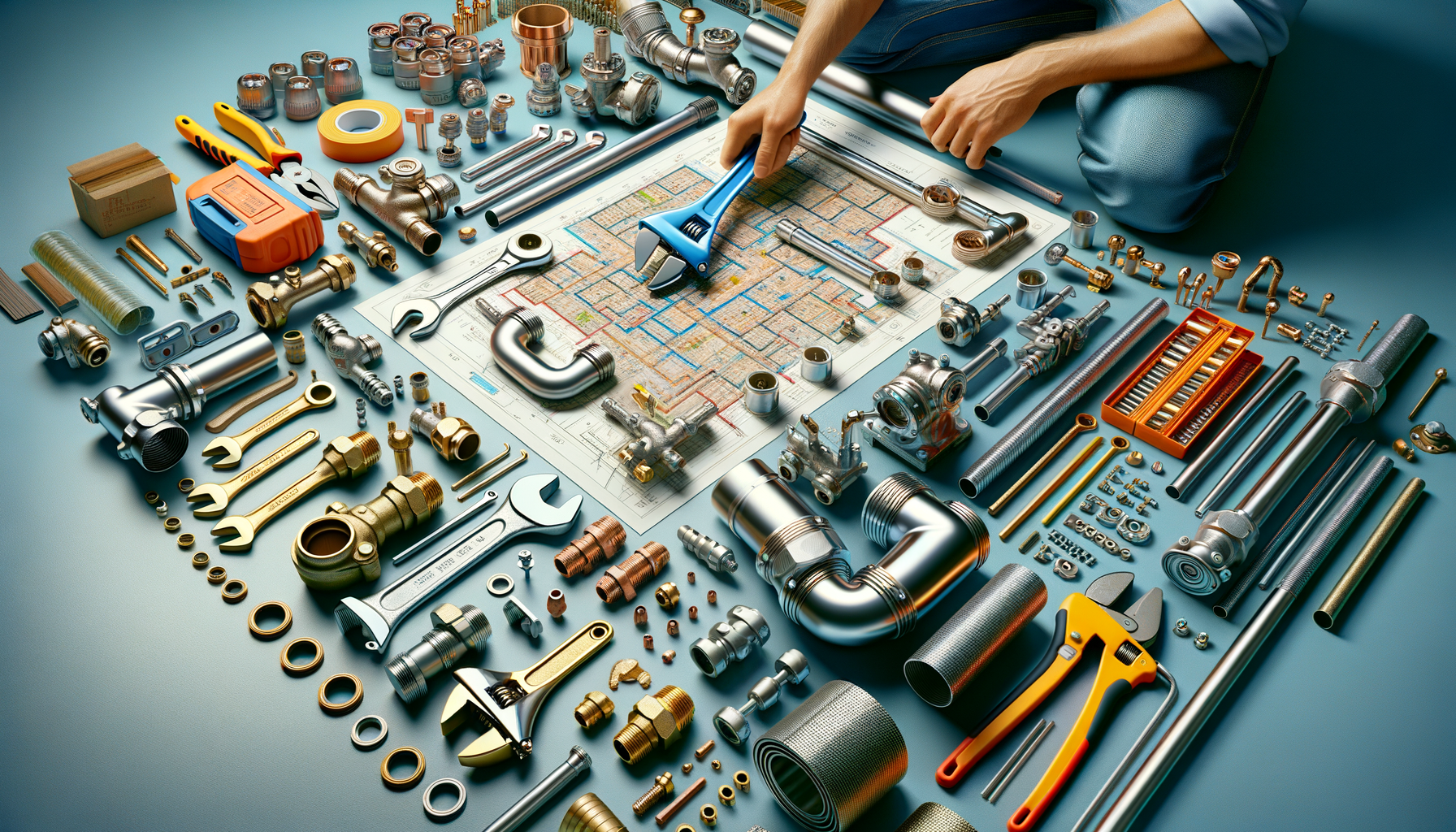Introduction to Plumbing Jobs
Plumbing jobs are vital to maintaining the infrastructure of modern society. They encompass a variety of tasks, from fixing a leaky faucet in a home to installing complex piping systems in skyscrapers. The demand for skilled plumbers is consistently high, making it a stable career choice. Plumbing careers offer not only job security but also the satisfaction of solving practical problems that directly impact people’s lives.
Plumbing work available in different sectors showcases the diversity of this field. Whether it’s residential, commercial, or industrial, each sector requires specialized skills and knowledge. The role of a plumber is not only to install and repair but also to ensure that all systems comply with safety and health regulations. This makes plumbing a critical profession that supports the well-being of communities.
Types of Plumbing Opportunities
Plumbing opportunities are varied and can be found in numerous sectors. Residential plumbing involves working in homes and apartments, addressing issues such as leaks, clogs, and appliance installations. This sector requires good customer service skills as plumbers often interact directly with homeowners.
Commercial plumbing, on the other hand, deals with larger systems found in businesses and public buildings. Plumbers in this sector might work on complex drainage systems, water supply networks, or sewage systems. These jobs often require a higher level of expertise and the ability to work on large-scale projects.
Industrial plumbing is another critical area, involving work in factories and manufacturing plants. Plumbers here install and maintain systems that manage water, steam, and other fluids essential to industrial processes. This type of plumbing requires specialized knowledge of industrial equipment and safety protocols.
Skills and Training for Plumber Vacancies
To succeed in plumbing careers, individuals need a combination of technical skills and practical experience. Many plumbers begin their careers through apprenticeships, which provide hands-on training under the supervision of experienced professionals. These programs are invaluable, offering insights into the daily tasks and challenges encountered in the field.
Additionally, plumbers must be knowledgeable about local building codes and regulations to ensure compliance and safety. Continuous learning is crucial, as technology and techniques in plumbing evolve. For instance, the introduction of smart home systems and eco-friendly plumbing solutions requires plumbers to stay updated with the latest advancements.
Key skills for plumbing include problem-solving abilities, attention to detail, and physical stamina. Plumbers often work in confined spaces and must be able to handle the physical demands of the job. Furthermore, effective communication skills are essential, as plumbers need to explain complex issues and solutions to clients clearly.




Leave a Reply